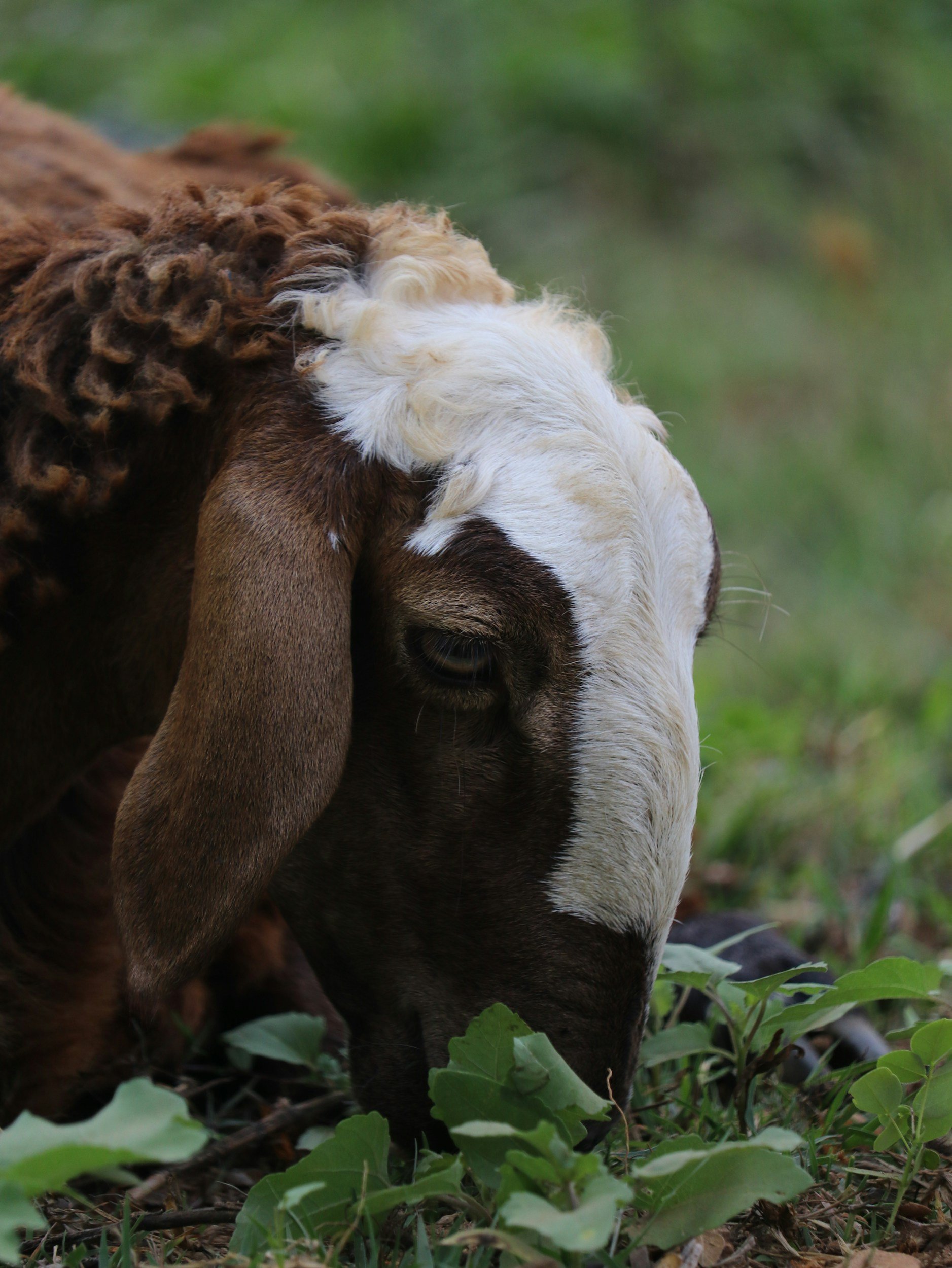What is Ogbo na Uke in Igbo Spirituality?
The term “Ogbo na Uke” is an Igbo expression that broadly refers to a cohort of spiritual entities, typically interpreted as the spirits of one’s age mates or peer group. The term is actually a doublet phrase, which combines two Igbo words to convey a sense of totality derived from the dual nature of the energy at play.
Literally, ogbo relates to the idea of an age grade or peer group, while uke relates to the idea of pain or some form of calamity. When paired as “ogbo na uke,” the phrase takes on a deeper meaning, commonly understood as “the militant and aggressive band of spirit adversaries” who are one’s peers in the spirit realm. In simpler terms, these are believed to be spirit beings of your own generation; friends, classmates, or age-mates who have died, and who can now act as malevolent forces or adversaries against the living.
Igbo spirituality does not personify evil as one overarching singular devil figure. Instead, we recognize many sources of misfortune, which can include the restless souls of the departed. Ogbo na Uke specifically represents one such source, essentially your departed peers who may cause trouble.
They are believed to be the spirits of those in your age group who died (often before fulfilling their destiny) and become disruptive forces in the lives of their living friends or contemporaries. Ogbo na Uke are kin spirits – a spiritual cohort one belongs to – which, if not at peace, can influence one’s life negatively.
Historical and Traditional Context
To appreciate the significance of Ogbo na Uke, it helps to understand how age grades (ogbo) function in Igbo culture. Traditionally, Igbo society is organized around age groups: people born around the same time form a cohort that performs communal duties together and shares strong bonds. This age-grade system has social, political, and ritual importance in the community.
Igbo worldview extends this idea beyond life, suggesting that the bonds between age mates continue into the spiritual realm. If a member of your age group dies untimely or with unfinished business, their spirit might remain restless. Such unfulfilled, restless spirits of one’s peers are what form Ogbo na Uke; a collective spiritual force that can impact the living peer group. This goes to show that the Igbo way of being is deeply communal in nature.
In traditional contexts, there are rituals and practices to address Ogbo na Uke. For example, if a diviner (Dibia Afa) determined that a person’s afflictions were due to Ogbo na Uke, specific cleansing rituals or appeasements would be performed. The goal is to pacify those peer spirits or send them to their proper rest.
Cultural and Spiritual Significance
Ogbo na Uke holds deep significance in Igbo spirituality as it highlights how interconnected the living and the dead are in the Igbo worldview. It underscores a key principle of Igbo cosmology, that life is a continuum, and the community consists of the living, the dead, and the unborn.
The concept teaches that one’s peers remain one’s peers even after death, for better or worse. Just as one might have friendly rivals or close friends in life, in death those relationships can transform. If not properly laid to rest or ritually appeased, a deceased kin could become a spiritual antagonist. This belief encourages the living to maintain balance and harmony with spiritual forces. Families take care to give proper burials and funeral rites to prevent loved ones from becoming wandering or angry spirits. The community performs annual remembrance and offerings to ancestors and other spirits to keep them at peace. By doing so, they aim to turn would-be adversaries into protectors, or at least neutralize any possible harmful influence.
Within the Igbo spiritual worldview, misfortunes are seen as correctable signs of imbalance rather than random events. Ogbo na Uke mischief is viewed as a disruptable and defeatable force, not an inevitable curse.
Culturally, the idea of Ogbo na Uke also reflects the communal ethos of Ndi Igbo. It serves as a reminder that individual success or failure is tied to the larger group. If someone from your age-grade suffers a tragic fate, it subtly warns the others to be cautious and united. In some ways, it reinforces solidarity.
To Sum It Up
Ogbo na Uke is a deeply insightful and nuanced concept in Igbo spirituality, encapsulating the idea that our age mates or peers, in life and beyond, play a role in our destiny. It symbolizes the lingering influence of those who started life’s journey with us but departed early.
Through Ogbo na Uke, Igbo ancestors have historically explained certain misfortunes and learned how to address them via spiritual means. It highlights the importance of community, memory, and proper ritual: every member of the community must be respected, even in death, lest their unsettled spirit trouble the living.
Understanding Ogbo na Uke can help us gain insight into Igbo spiritual worldview, one that is deeply communal, where the boundary between the physical and spiritual is thin, and where maintaining harmony with all forces (seen and unseen) is key to a good life.
The concept reminds new generations that the past and present, the living and dead, are all interconnected in the Igbo cosmos. Ogbo na Uke also teaches the value of remembering our peers, respecting the departed, and striving for spiritual balance so that our journey through life is not marred by unseen adversaries, but blessed by the watchful goodwill of all who share our world.












